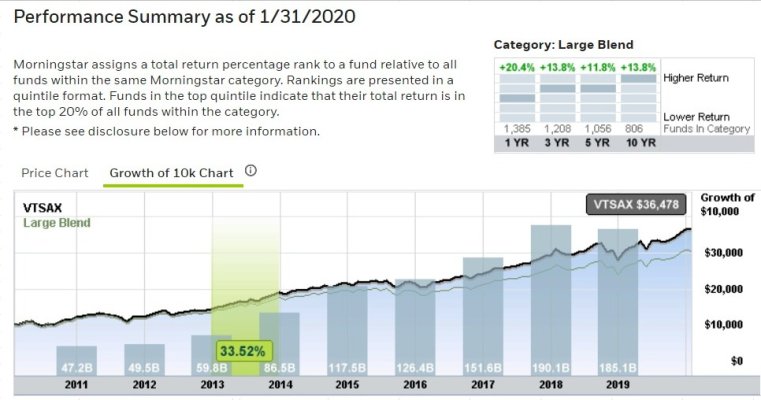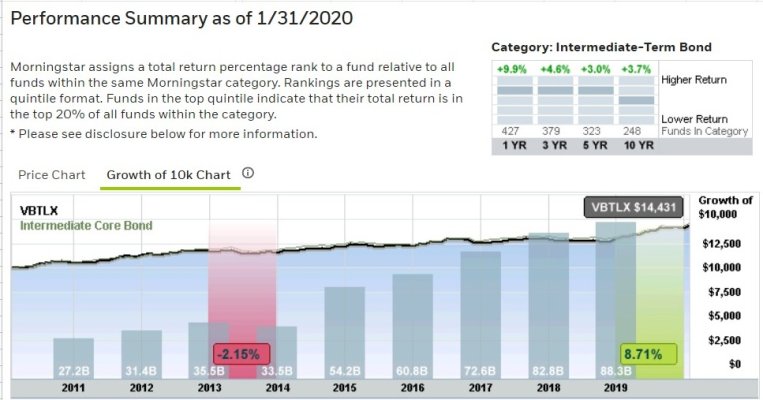I'm no expert, but I don't break out foreign equities. If my US equities are at high valuation, I pare back all my equities, including my non-US holdings.
My reasoning (and I'll admit I didn't put a lot of study into this).
1) The idea of applying a CAPE-like assessment to each foreign market is too much work and, based on vagaries of national accounting practices and limitations on historical data, of limited value.
2) It seems likely to me that a big selloff in US equities is fairly likely to be accompanied by similar moves abroad.
3) I just don't hold much international equity anyway
4) I'm only tweaking my equity allocation, not jumping entirely in and out
IMO, valuations are not directly comparable across nations. If US equities are priced at a PE10 of 32 and Greek equities are at 25, I'm not ready to conclude that I should sell my US stocks to buy Greek ones.
 If you sleep well at night great. If you want a second opinion, you can get at least three here.
If you sleep well at night great. If you want a second opinion, you can get at least three here.


